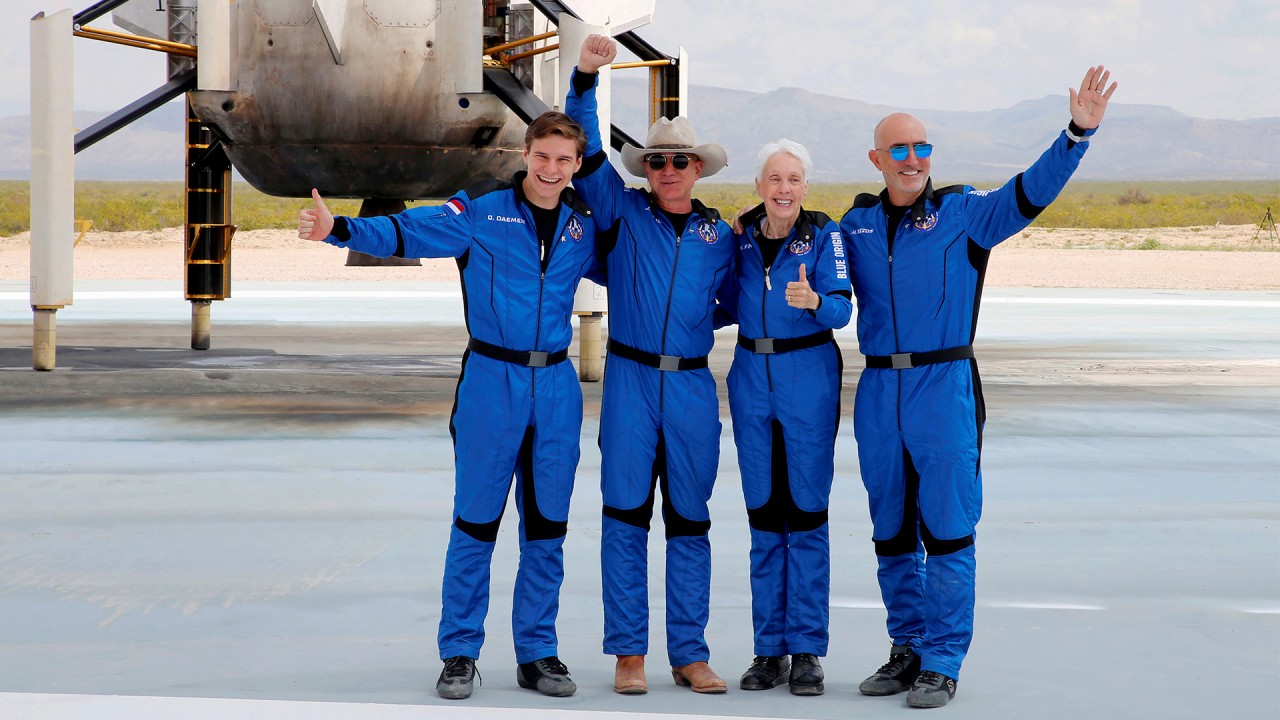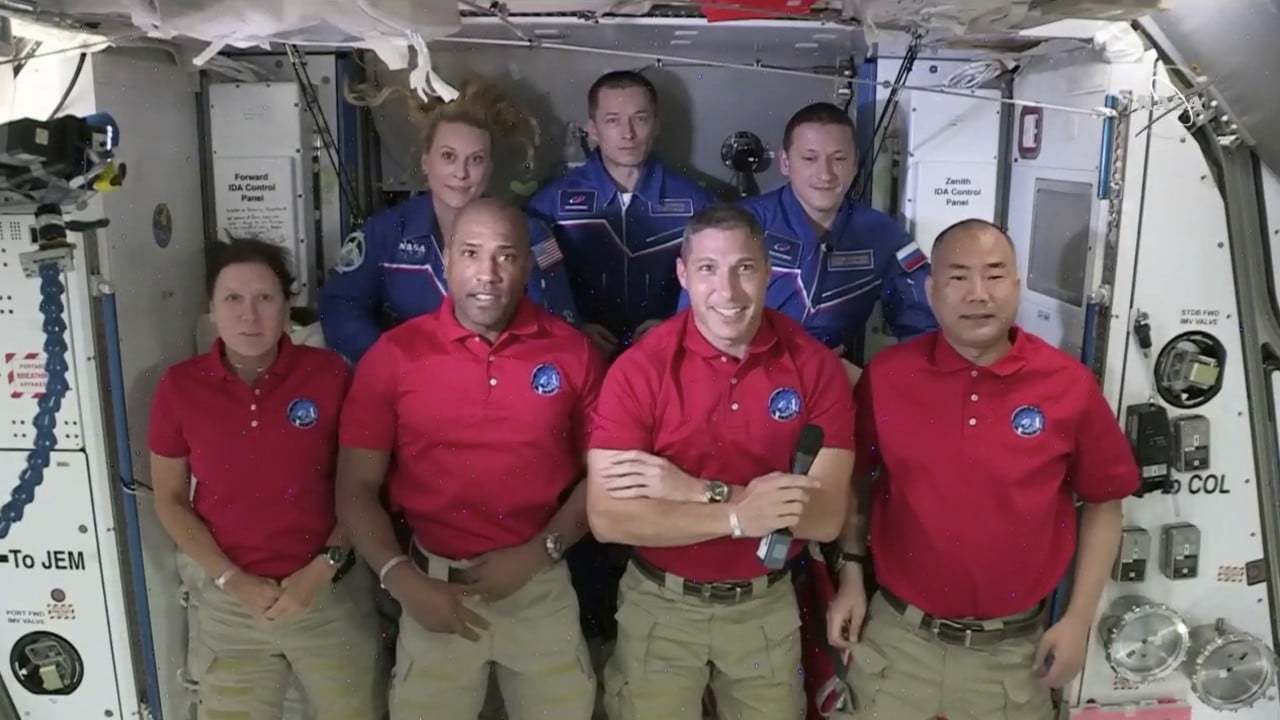
‘Space philanthropy’ of Jeff Bezos and Elon Musk is less impressive than down-to-earth visions
- The Gates’ foundation has made huge headway on Earth in the battle against malaria and polio
- But what cost-benefit analysis persuades Jeff Bezos that US$1 billion a year on his space programme is a good way to spend his Amazon gains?
Philanthropic giving has a massive impact on governments and global policymaking. Whether for better or worse depends on your political view: if it flows to a cause you passionately support, then it is no doubt a gift to be welcomed. If it goes to a cause you despise, then it is an unacceptable assertion of influence at the whim of the elite.
Some forms of philanthropy are almost indisputably good. When the Bill and Melinda Gates Foundation committed to malaria research, it doubled global funding at a stroke.
Its decision to do the same with polio, funding the vaccination of 2.5 billion children worldwide, has virtually eradicated the disease. Its support for Covid-19 vaccinations in developing countries will almost certainly have a massive impact on the global pandemic.
Whatever your view, it is difficult not to see the logic of Rob Reich, a professor at Stanford University, who says: “Foundations are an unaccountable, non-transparent, perpetual and lavishly tax-advantaged exercise of power.” Even when they are doing good, they are doing so by deeply undemocratic means, he argues.
I have a particular prejudice against what might be called “space philanthropy”, deepened by the fondness so many billionaires have for it.
Space philanthropists also include Microsoft’s Paul Allen, Google’s Sergei Brin and Larry Page, and Russian-Israeli entrepreneur Yuri Milner, who has gifted US$100 million to research into laser-powered mini-sails intended to whizz through deep space at 20 per cent of the speed of light.
When Gates can make huge headway here on Earth in the battle against malaria and polio, what possible cost-benefit analysis persuades Bezos that US$1 billion a year on his space programme is a good way to spend his Amazon gains?
Clearly, with an estimated wealth of over US$200 billion, the odd billion here or there can obviously escape rigorous cost-benefit analysis.
Musk says one-way flights to Mars will initially cost US$500,000, eventually falling to US$100,000. He can no doubt see people selling their homes to be pioneer colonisers of the red planet.
“Given that Mars would have a labour shortage for a very long time, jobs would not be in short supply,” he once noted, later warning, “It is going to be hard, there’s a good chance of death.” I wonder if these might have been the words of the Pilgrim Fathers as they departed from Plymouth in 1620 to colonise North America.
Putting aside my prejudice against space philanthropy, and the positive example that people like Gates and Warren Buffett are trying to set, there remain real questions about the net value of philanthropy as global inequality widens.
First, a large share of charitable giving has nothing to do with helping the poor or sick. According to research by Paul Vallely, published in Philanthropy – from Aristotle to Zuckerberg, a large share of giving goes to the arts, sports, culture and religious causes.
He says three quarters of millionaire donations – £4.79 billion (US$7.6 billion) – in the UK in 2019 went to higher education, with half going to Oxford and Cambridge, observing that “a lot of elite philanthropy is about elite causes”.
Vallely argues that much of philanthropic giving is about translating business wealth into political power, and is often motivated by widespread tax breaks for charitable donations.
As with Benjamin Page at Northwestern University in the US, he notes that philanthropists are statistically conservative and lean to the political right, and that higher taxation on the wealthy might be a better way to fight poverty and bring urgently needed social change.
It seems Bill Gates agrees: “I’ve paid more taxes than any individual ever, and gladly so. I should pay more.” But among the world’s 2,700 billionaires, I suspect he is in a minority. I don’t think Musk or Bezos are yet thinking about taxes in space.
David Dodwell researches and writes about global, regional and Hong Kong challenges from a Hong Kong point of view




